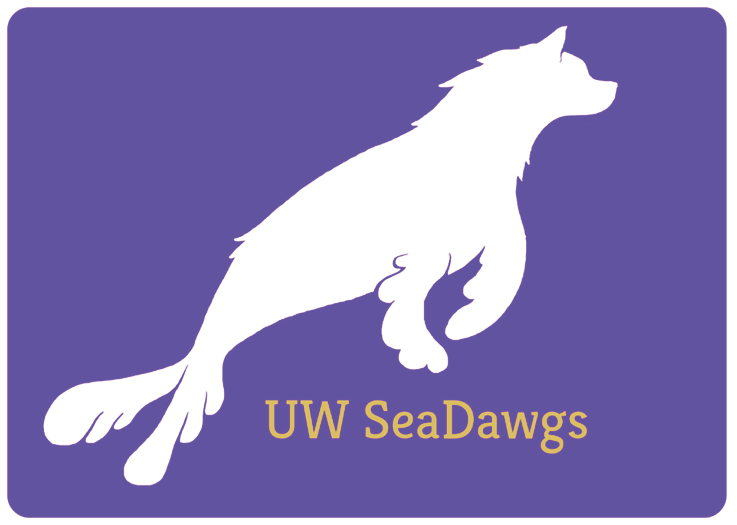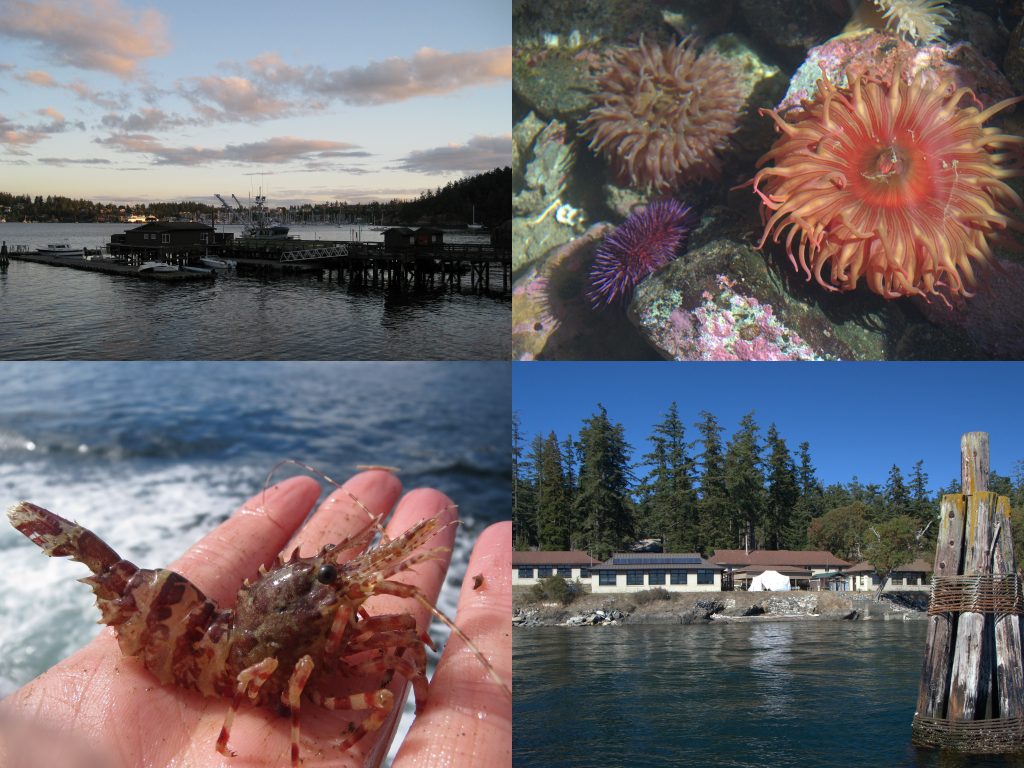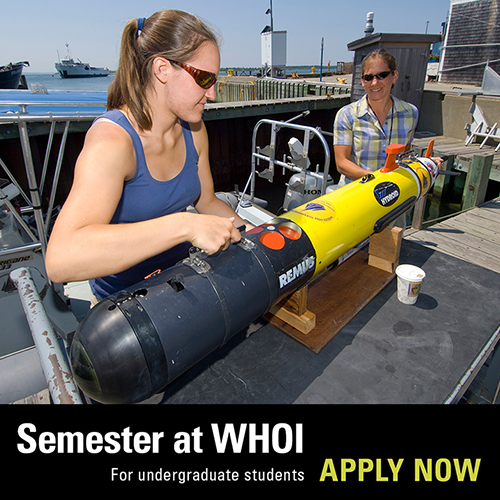Employer: College of the Environment – Academic Affairs
Contact: envjobs@uw.edu
Position: College of the Environment Career Services & Academic Affairs Program Assistant
HuskyJobs ID: 112980
Posting open: 3/20/2017
Posting closes: 4/20/2017
Work Schedule:
Must be available to work 10-15 hours/week on at least 2 non-consecutive weekdays per week for a minimum of 3-hour shifts at a time.
Description:
Primary duties of the Student Career Services & Academic Affairs assistant include managing the College of the Environment Career Opportunities Page, coordinating the College of the Environment Undergraduate Student Ambassador Program, and assisting in the management, planning, and execution of events, such as the annual Environmental Career Fair and Future Student Visit Day.
Specifically, duties include:
- Posting career opportunities to the College of the Environment Career Opportunities Page regularly (at least every other day during the work week)
- Managing envjobs@uw.edu email account to collect job announcements for posting in a timely manner and responding to user questions.
- Following up with employers to clarify questions about position announcements.
- Managing a regular schedule of advertising the Career Opportunities Page to employers and UW faculty, students, and staff.
- Tracking and analyzing Career Opportunities Page analytics for use in assessment and reporting.
- Assisting in the management and planning of major annual events (Environmental Career Fair, Future Student Visit Day, Admitted Student Preview Days, etc.), including room and equipment reservations, catering, recruitment, advertising, and other event-day logistics.
- Supporting the Student Ambassador Program with training, events, scheduling, and meeting logistics.
- Managing the envamb@uw.edu inbox and coordinating messaging between prospective students and student ambassadors.
- Performing other duties to assist the Office of Academic Affairs, including course promotion, logistics, and special projects.
Division:
College of the Environment – Dean’s Office
Location
Seattle, Washington, United States
Position Type
On-Campus Student Employment
Desired Class Level
Undergraduate (Freshman, Sophomore, Junior)
Required Qualifications
Candidates should have a genuine interest in the College’s focus on environment, sustainability, and conservation and specifically be interested in environmental career pathways and/or career services. Candidates must have excellent written and oral communication skills, excellent attention to detail, organizational skills, and ability to prioritize several competing tasks and projects. In addition, candidates must be comfortable with computers, work well as a member of a team, communicate effectively with colleagues, exercise good judgment, be open to learning new skills, and meet deadlines.
- Experience with MS Office, specifically Word (mail merge) and Excel
- Knowledge of how to edit and update web pages, specifically Word Press
Salary:
Salary and benefits are competitive. Salary is commensurate with academic standing, qualifications, and experience.
To Apply:
Email a cover letter (1 page maximum) and resume to the selection committee at envjobs@uw.edu.
Priority Application Deadline: April 20, 2017


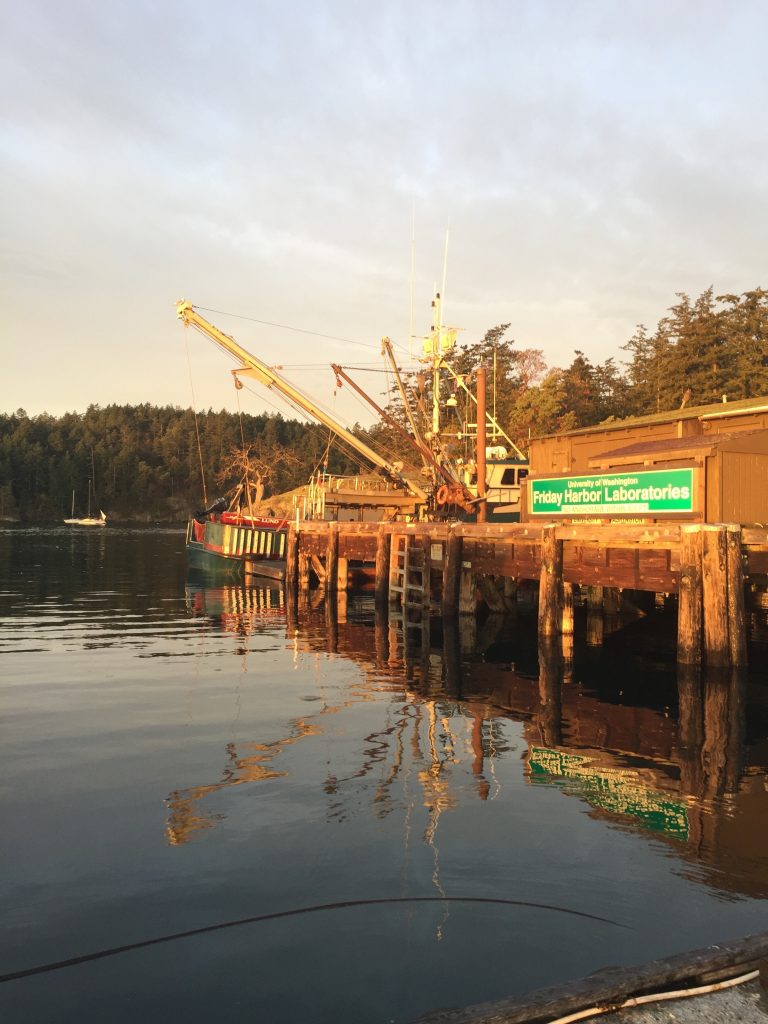 The Salish Sea is a unique environment. Friday Harbor is a wonderful place to explore the diverse array of marine life that the Pacific Northwest has to offer. Not only does Friday Harbor Labs immerse you to a beautiful environment, but also provides students with a plethora of resources for marine sciences. I had the chance to spend fall quarter of my sophomore year that the Labs. While I was at Friday Harbor, I was enrolled in the marine biology quarter.
The Salish Sea is a unique environment. Friday Harbor is a wonderful place to explore the diverse array of marine life that the Pacific Northwest has to offer. Not only does Friday Harbor Labs immerse you to a beautiful environment, but also provides students with a plethora of resources for marine sciences. I had the chance to spend fall quarter of my sophomore year that the Labs. While I was at Friday Harbor, I was enrolled in the marine biology quarter.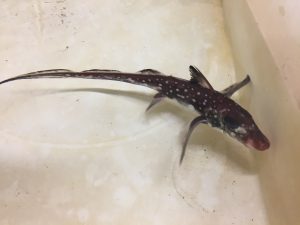 I took classes that fulfilled my major requirements, and explored what it takes to conduct research in the marine sciences field. The classes were a unique experience at Friday Harbor Labs because of the small, and intimate class sizes (no more than 16 students). This allowed me to get extra help when needed, and develop a strong connection with my professors and TA’s. Since we were located so close to the Puget Sound, many lab sessions involved going into the field to observe, and catch specimens (fish) to bring back to the Labs. This provided a better understanding of the organisms because we were able to see the habitat a fish was adapted to, and we were able to keep the fish alive, throughout the quarter, and observed how it moved and behaved.
I took classes that fulfilled my major requirements, and explored what it takes to conduct research in the marine sciences field. The classes were a unique experience at Friday Harbor Labs because of the small, and intimate class sizes (no more than 16 students). This allowed me to get extra help when needed, and develop a strong connection with my professors and TA’s. Since we were located so close to the Puget Sound, many lab sessions involved going into the field to observe, and catch specimens (fish) to bring back to the Labs. This provided a better understanding of the organisms because we were able to see the habitat a fish was adapted to, and we were able to keep the fish alive, throughout the quarter, and observed how it moved and behaved.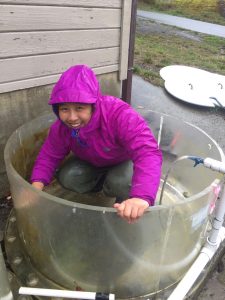 Overall Friday Harbor Labs is a community that serves to fulfill an immersive marine biology experience. I am glad that I took advantage of the facilities Friday Harbor Labs has to offer. I was in a place where people are passionate about the marine life, and willing to share passion and knowledge to students.
Overall Friday Harbor Labs is a community that serves to fulfill an immersive marine biology experience. I am glad that I took advantage of the facilities Friday Harbor Labs has to offer. I was in a place where people are passionate about the marine life, and willing to share passion and knowledge to students.